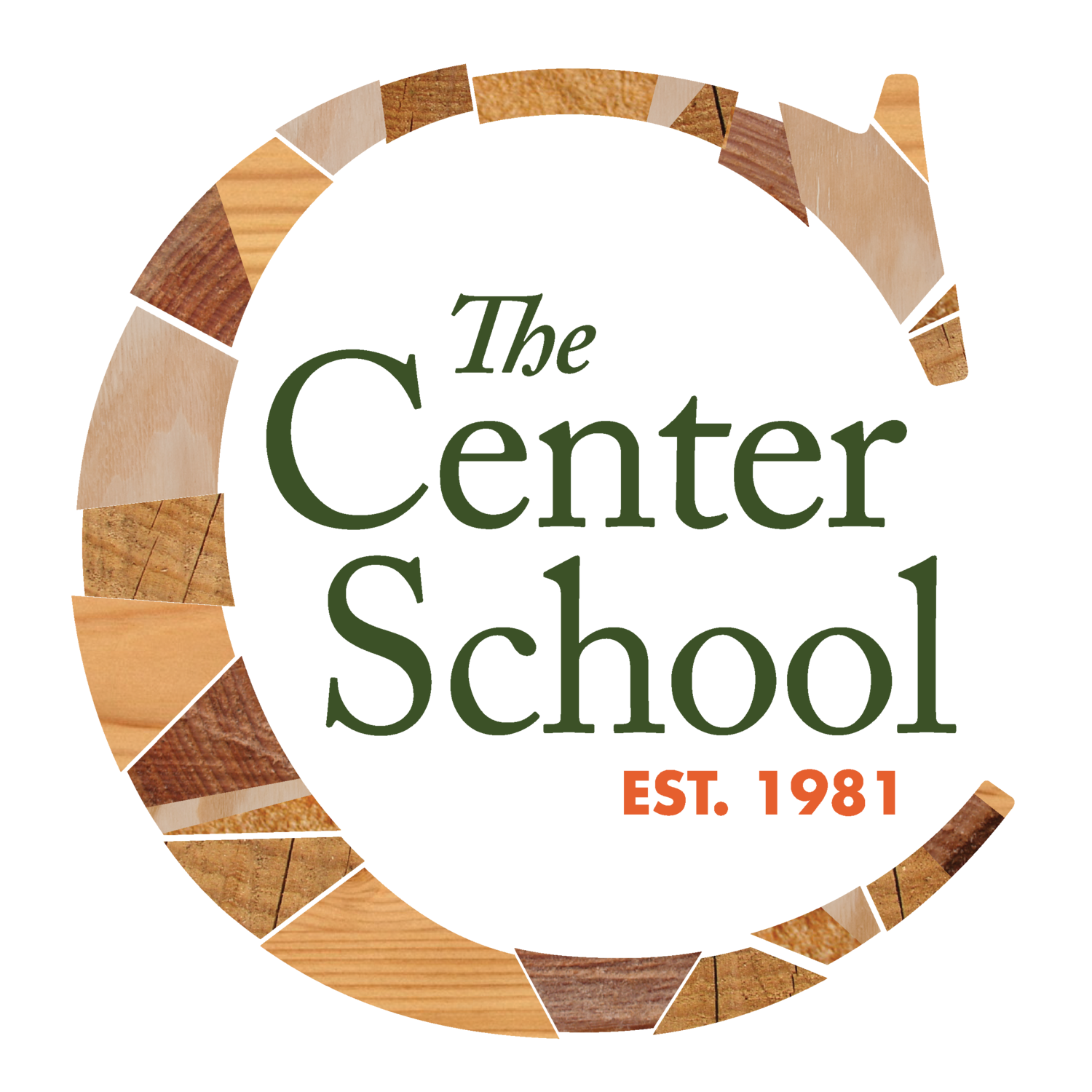My Powerful Body in the Mups (2nd/3rd)
At the Center School, body education begins in the earliest grades. Step inside of a preschool classroom and you can hear teachers and students using anatomically correct language to talk about bodies. The youngest of children can easily access books like Bodies are Cool, by Tyler Feder and First Conversations - Every Body, by Megan Madison, Jessica Ralli, and Tequitia Andrews. In the Mups, we honor, respect, and celebrate our bodies all year long, as well. We also close out our school year with a body education class, called My Powerful Body. Here’s a sneak peek into our body education class:
Feeling empowered is the cornerstone of the Mups body education class. This is why our class is called My Powerful Body. We want children to understand just how powerful, strong, and miraculous their bodies are. We want children to be curious about how their bodies work and to be in awe of the phenomenon of simply being alive.
My Powerful Body class runs four days a week for four weeks. There are three thirty-minute classes and one hour-long class each week. The first lesson begins by addressing how silly or strange it might feel to talk about our bodies, with the ultimate goal of defusing the shame and embarrassment that many children (and adults) sometimes feel when talking about their bodies. We refer to people as “people” or “some people” and try to make no assumptions that everyone fits into certain categories (such as boy or girl). Laying out ground rules, and talking about vulnerability and trust help us all feel safe while taking risks and sharing our thoughts and ideas with the class.
Once the class has agreed to the caretaking terms, we focus on our physical bodies. Specifically, we learn the names of some of our major organs and what they do. It never surprises me how curious kids are about their anatomy. They want to know so much, like, “ Why does water come out of our eyes when we cry?” and “How far do our fingernails go into our skin?” We talk about, and name, parts of our bodies and discuss how all of these elements come together in an amazing way to make our bodies work. Our conversations also include ways to keep our physical bodies healthy, like eating calories, exercising, and sleeping. We even write a letter to our future selves promising to take care of our bodies.
We follow learning about our physical bodies with ways to take emotional care of our bodies. Students agree that you can look a certain way on the outside, but feel a different way on the inside. It’s important to have strategies to help manage big feelings. Kids name strategies like resting, breathing exercises, and talking with a trusted adult.
We highlight the difference between gender and anatomical sex. Talking about gender expression this year was a fun and lively conversation. Kids were indignant and outraged to learn that, not too long ago, American women couldn’t wear pants in public! We use media and our experiences in the world to introduce and reflect on different types of gender stereotypes, and then discuss ways to actively challenge stereotypes that can marginalize or alienate us.
We use books like Sex is a Funny Word, by Cory Silverberg, and No Means No, by Jayneen Sanders to talk about consent, and we finish the year by touching on puberty. This year, the Mups realized that there was never enough time to share, ask, dream, imagine, and question all of the thoughts they have about their bodies. I am certain that they will continue asking, sharing, dreaming, imagining, and questioning forever! The wonderful thing is that they will continue to have yearly body education classes (while at the Center School) to deepen their knowledge and to build on what’s next for them developmentally.



